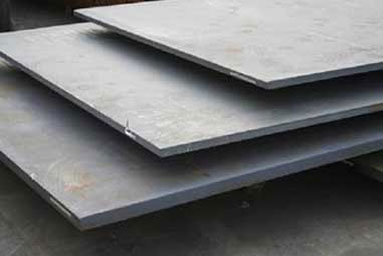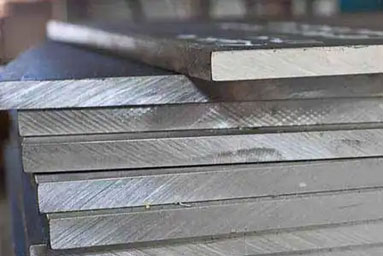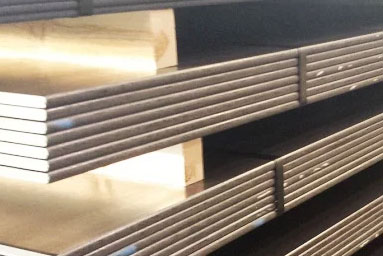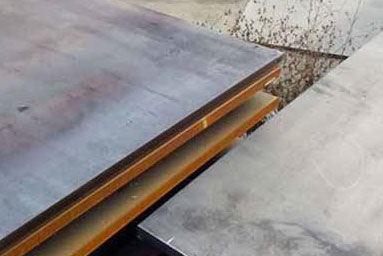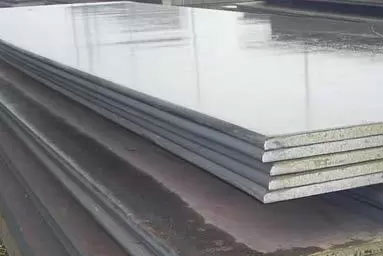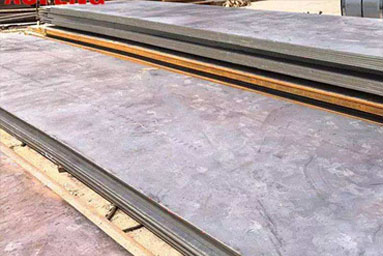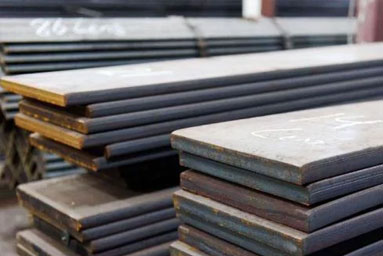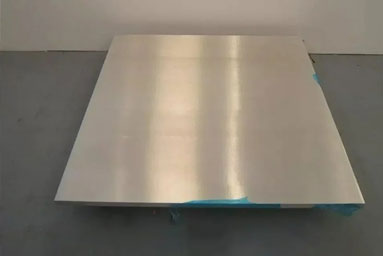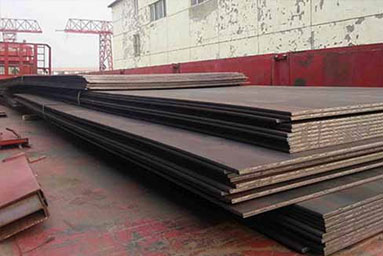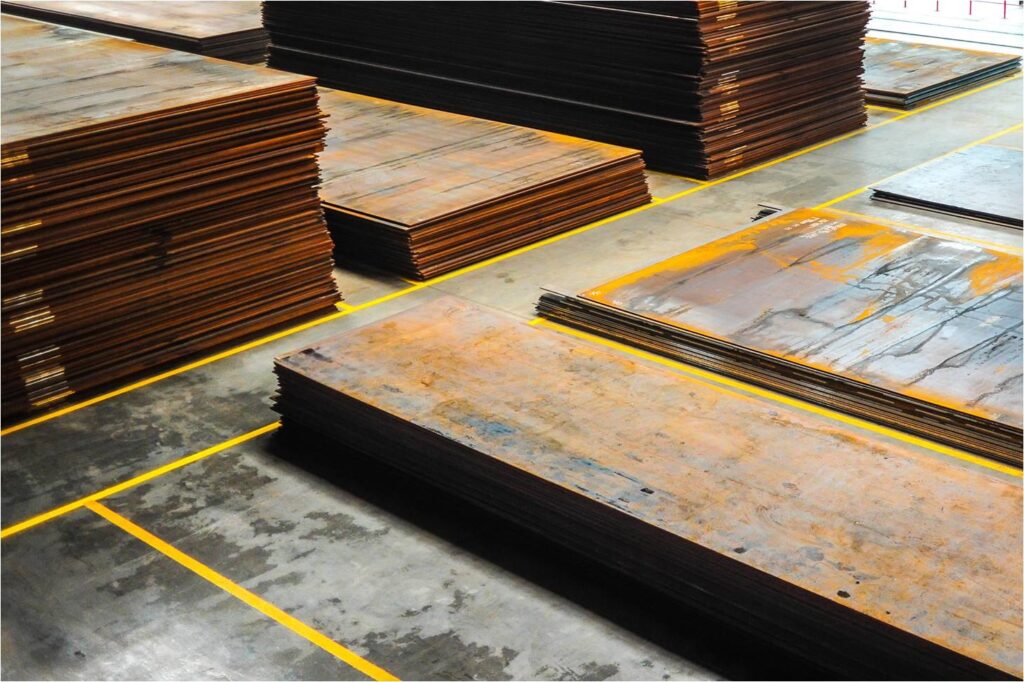
Overview of Chrome Moly
Chrome moly steel is a kind of low-alloy steel which is heavy-duty and more durable, weight for weight, than mild carbon steel. The name is derived from the two main alloying elements contained – chromium and molybdenum. The added chrome increases the steel’s hardenability and resistance to corrosion; the additional molybdenum enhances the steel’s strength and resistance to temperature fluctuations. Chrome moly steel is frequently used in applications when high strength is necessary as it is more durable and significantly stronger than standard steel.
Chrome moly in manufacturing applications
Chrome moly’s excellent strength-to-weight ratio and ductile strength makes it extremely suitable for use in the manufacturing of aircraft fuselages, high-end bicycle frames, and racing car chassis. Due to its high tensile strength, manufacturers can use less of the steel to decrease weight, without conceding the strength or integrity of the final component. With high-end bikes and race cars, this decline in weight can convert to an all-important increase in performance and speed, however, the rigidity of the steel remains about the same, so with less steel used, the chromoly bike frame is more flexible than one manufactured from standard steel. Chrome moly is a more cost-effective material than carbon fiber or titanium.
Chrome moly has been extensively used in the aeronautical industry for over a hundred years and has been used in the automotive industry since the 1950s. The use of chrome moly in the cycling manufacturing is more recent, though is now very prevalent, and is also in common usage in construction, and the oil and gas industries.
Chrome moly characteristics
An important characteristic of chrome moly is that it can be simply hardened by heat treating or work hardening. It can also be case-hardened by a procedure known as carburization, where the exterior of the metal is considerably hardened whilst the material maintains its chemical properties. Hardening is extremely beneficial as it decreases wear and tear over the lifetime of use. Carburization is a procedure that allows the steel to absorb carbon while the metal is heated in a carbon-bearing material, charcoal or carbon monoxide for instance. When the steel is quenched the carbon on the surface becomes hard; depending on the temperature and length of the carburization cycle, the treated part will differ in carbon content and therefore hardness. In general, the longer the metal is treated for at a higher temperature, the more carbon dispersion will take place which will upsurge the hardness. The capacity to increase the hardness through heat or work hardening makes chrome moly an excellent material for manufacturing components like pistons and crankshafts that experience tough usage.
Welding chrome moly
There are a few additional considerations when welding chrome moly, though the method is not much different from welding mild steel or stainless steel. MIG or TIG welding methods can be used, while industry feedback indicates that TIG welding is quicker, more effective, and cleaner than MIG welding. Annealed chrome moly has good machining and weldability properties.
A common belief is that chrome moly wants to be preheated prior to welding, but this is usually not necessary if the sheet or tubing is less than 3 mm thick. If the material is more than 3 mm in thickness, preheating should be done steadily. The material needs to be prepared by cleaning it carefully before welding as this will help stop future problems with the weld. Welding should be carried out a slight slower than normal which will slow the cooling rate, but it is not sensible to speed-cool the welds.
Corrosion properties of chrome moly
Whilst chrome moly comprises chromium, which is advantageous for increasing resistance to corrosion, the chromium content is not high enough to provide the level of corrosion resistance found in stainless steel; if the steel is to be used in a corrosive atmosphere other kinds of materials with higher corrosion resistance are recommended.
Value for money
Chrome moly steel does cost more than mild steel, but the durability and strength of chrome moly combined with the capacity to use less than its standard steel complement frequently balances and justifies this increase in cost.
Chrome moly can also be considered against much higher costs for carbon fiber and titanium as it is a much more delightfully priced product giving abundant strength, durability, and flexibility.

